News / RISE-Health Researchers Point to Physical Exercise as a Solution to Reduce the Effects of Chemotherapy in People Undergoing Cancer Treatment
Physical exercise improves the quality of life of people undergoing cancer treatment.

A team of researchers led by Carla Sílvia Fernandes (RISE-Health@RISE/ESEP), in collaboration with nurse and doctoral student in Nursing Sciences at ICBAS, Anabela Amarelo, analyzed the impact of physical exercise on chemotherapy-induced peripheral neuropathy, a condition that affects an increasing number of people undergoing cancer treatment and challenges “patients, their families, healthcare professionals, and the healthcare system itself,” according to the article.
“Chemotherapy-induced peripheral neuropathy is a complication that alters the function of peripheral nerves, composed of motor, sensory, and autonomic fibers, responsible for different functions,” explain the experts from the RISE-Health research unit, further clarifying that “when we administer certain antineoplastic drugs, these can cause damage to peripheral nerve fibers, which translates into sensory symptoms such as numbness in the hands and feet and, in more severe cases, muscle weakness.”
According to the study, “this complication can arise following treatment for different types of cancer, namely breast, colorectal, gastrointestinal, testicular, and blood cancers,” and can, at the motor level, affect balance and strength in the lower limbs, factors that “significantly increase the risk of falling,” according to the scientific paper.
According to Carla Sílvia Fernandes and Anabela Amarelo (RISE-Health@RISE/ESEP), physical exercise is “central” and plays a key role in preventing chemotherapy-induced peripheral neuropathy by promoting tissue oxygenation, strengthening muscles, and improving motor coordination.
In the experts’ view, “combined exercise programs, including resistance, strength, balance, and sensory-motor control, show favourable results in reducing the symptoms of chemotherapy-induced peripheral neuropathy, neuropathic pain, and functionality and quality of life.”
“One of the problems with chemotherapy-induced peripheral neuropathy is that, for now, there is no fully effective drug, either for prevention or for neuropathy that is already present,” the researchers point out, emphasizing that “structured exercise before, during, and after treatment is the intervention that shows results that can help recover functionality that may have been lost.”
The article “Effects of exercise programs on chemotherapy-induced peripheral neuropathy in cancer survivors: An umbrella systematic review,” published in the Journal of Bodywork & Movement Therapies, is part of the scientific work developed by Anabela Amarelo as part of her PhD in Nursing Sciences and is co-authored by Carla Sílvia Fernandes (RISE-Health@ RISE/ESEP), Bruno Magalhães, Nuno Araújo, and Andreia Filipa Capela Marques.
The scientific initiative also includes the development of PASSiON Care – Physical Activity, Sensorimotor Support, and Interactive Oncology Care, an application co-authored with Marta Campos Ferreira from INESC TEC, which enables monitoring and providing support to individuals undergoing cancer treatment.
RISE-Health
Faculty of Medicine of the University of Porto
Alameda Prof. Hernâni Monteiro
4200-319 Porto
